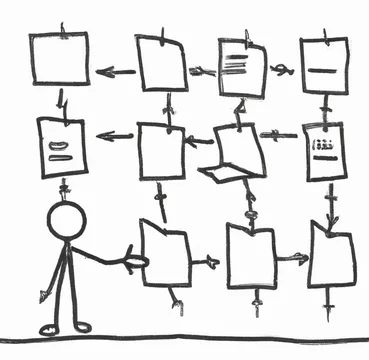
This week, Judge Andrews issued an order on the six motions in limine that the parties filed in Sprint Communications Company, L.P. v. Mediacom Communications Corp., C.A. No. 17-1736-RGA (D. Del. Nov. 14, 2022).
The order is short and to the point, and doesn't identify what the MILs relate to. But if the docket shows that there are at least two MILs here worth mentioning, if only because they come up so often.
Prior Proceedings
The defendant first moved to exclude the outcomes of multiple prior cases, as well as pending cases against co-defendants. Plaintiff responded that the prior …








